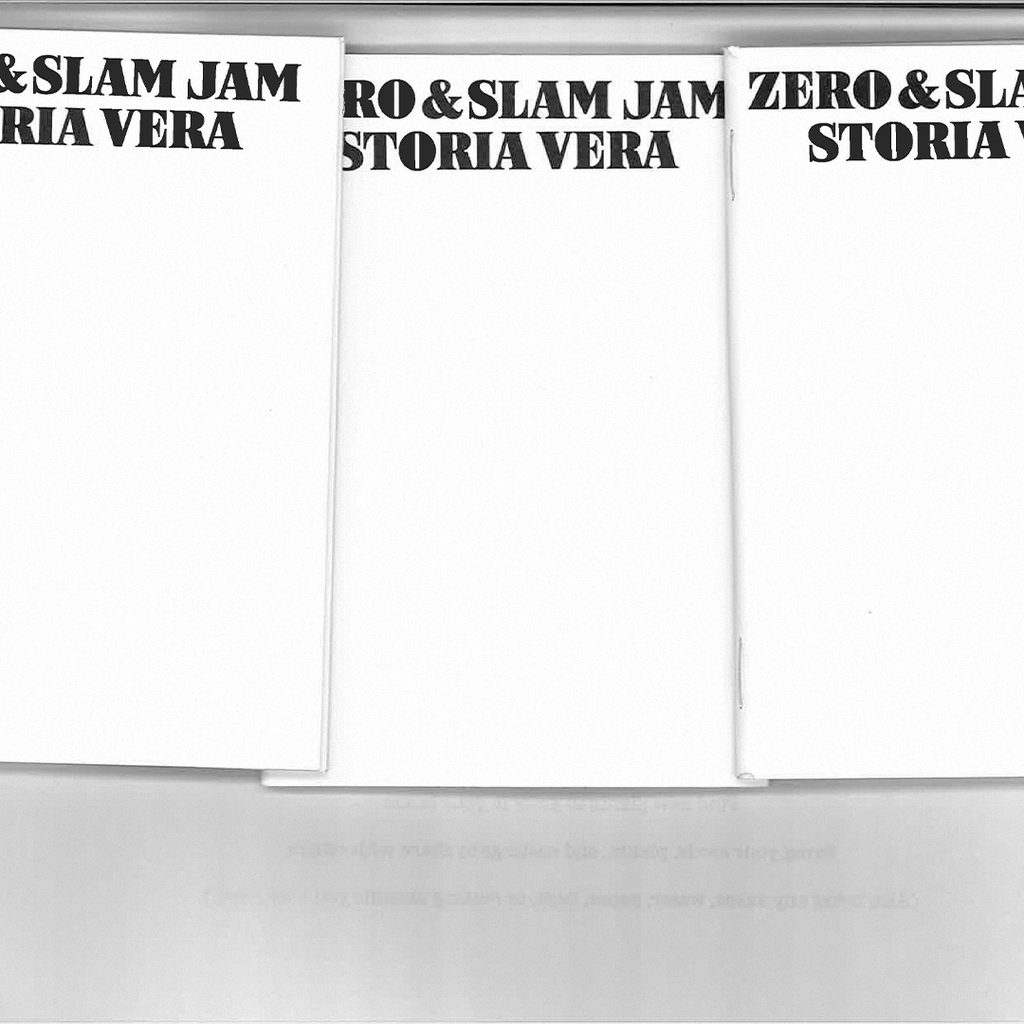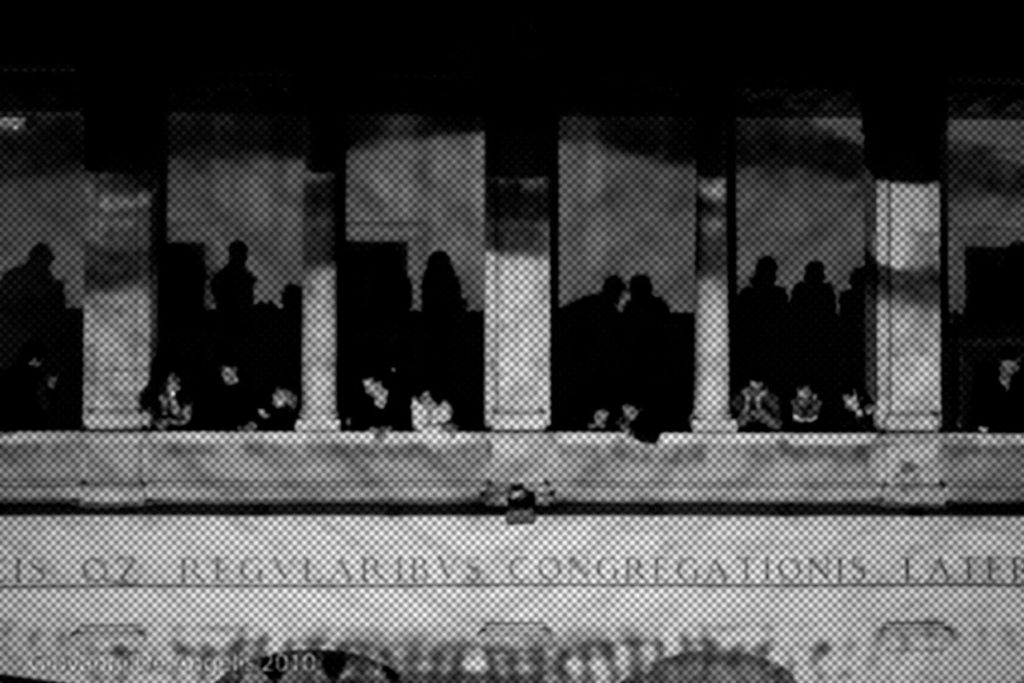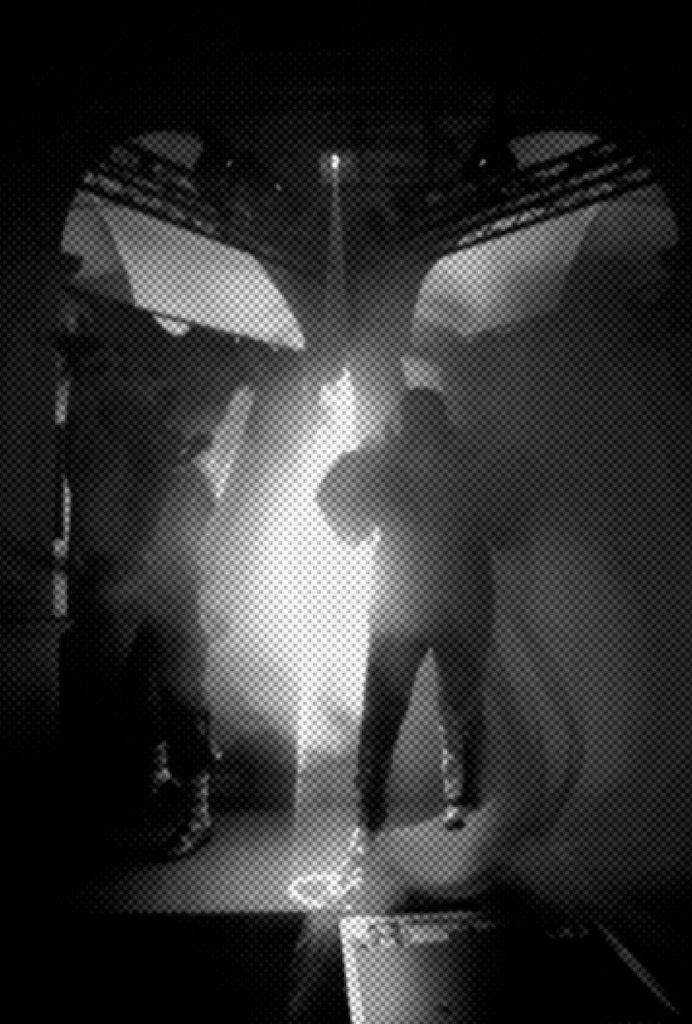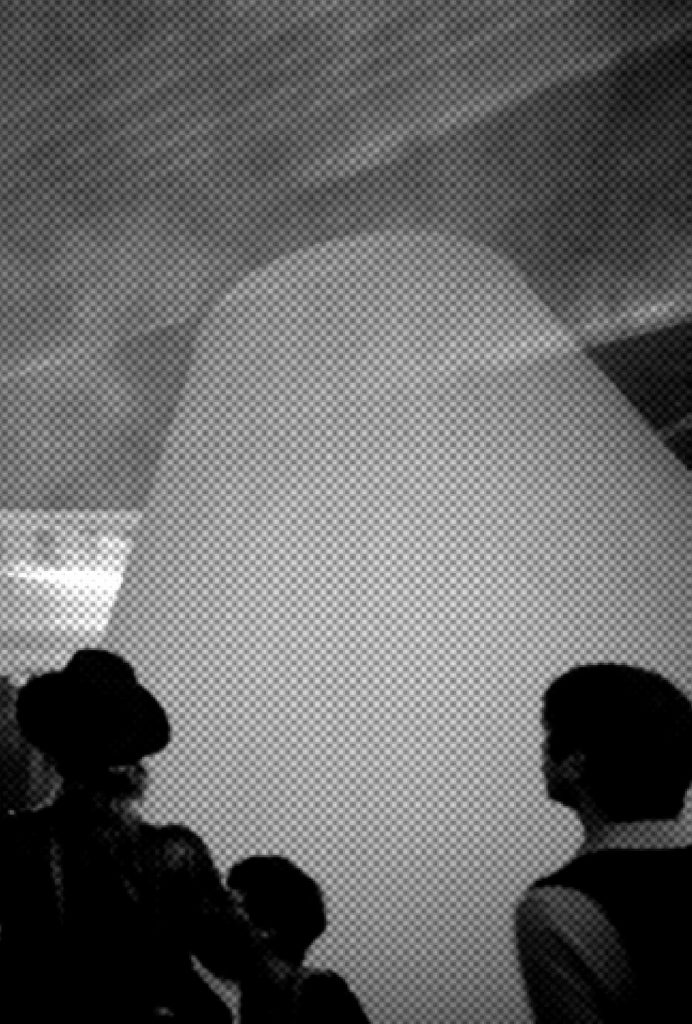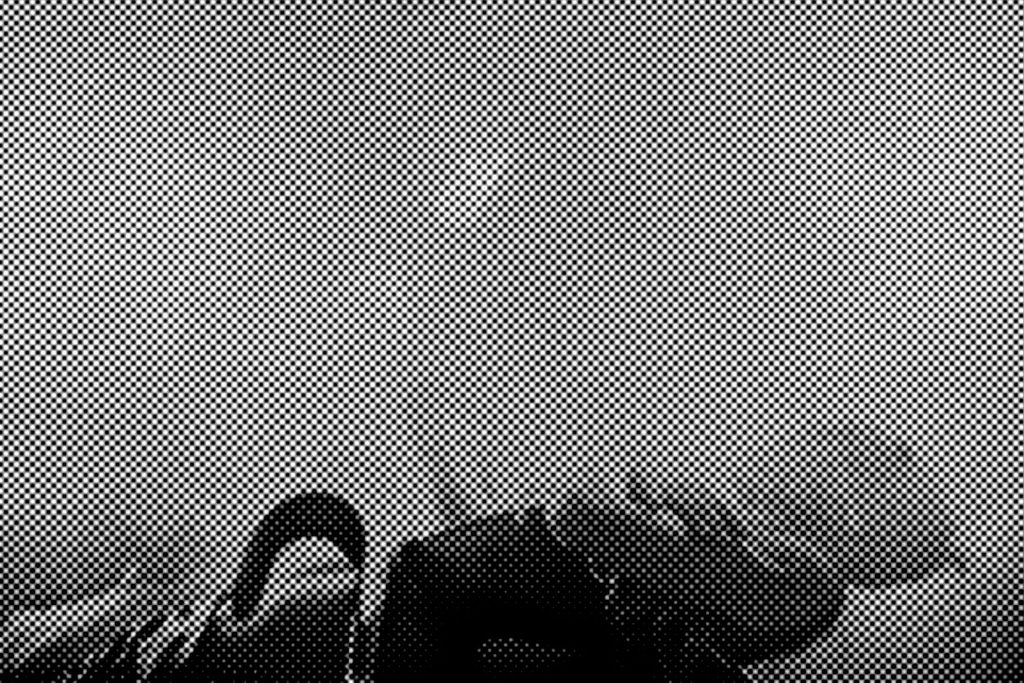Versione italiana
(English version below)
Roma, 2017. Ho lasciato Londra per tornare in Italia e sono in una fase di irritabilità uditiva: ai grossi festival ci vado malvolentieri, soprattutto quelli incentrati sulla musica elettronica, ma Dissonanze è un discorso a parte. Per me, naufrago d’Oltremanica, è confortante rivedere un amico come Giorgio Mortari, che del festival romano è padre e pedagogo, e ritrovarsi a tu per tu con la sua mente, sempre aperta, fertile.
Contrariamente a me Giorgio è bello, non è un poveraccio, e quindi sa dialogare con i più giovani. Aiuta i ragazzi di Nero, allora innocenti come una Bianca Jagger adolescente, a pagare il volo New York-Fiumicino al post-concettuale Cory Arcangel: deve venire a Dissonanze per suonare delle cover di Bruce Springsteen allo xilofono. Ho appena terminato gli studi, ma Giorgio è la dimostrazione che si deve continuare a studiare anche in contesti (apparentemente) extra accademici, e che un festival può essere l’occasione per ricreare – come in laboratorio – occasioni e relazioni interdisciplinari, liberi da ossessioni terricole: attualità, rilevanza, immediatezza.
A furia di osservarlo, il mostruoso diventa sublime.
Così tra le prime decadi che inaugurano il nuovo millennio si apre un wormhole, che come i buchi neri succhia tutta la luce possibile per piegare lo spaziotempo. In un modo e nell’altro ci cascano quindi tutti. Come l’artista Cyprien Gaillard, che tra un set di elettronica operistica e l’altro mi viene a cercare per parlare di moda, o una grande donna dai tanti nomi con la quale, seduti a un tavolo di marmo giallo, stabilisco una profonda comunione di spirito. Di antica famiglia inglese (e per antica non intendo nobile ma frolla), la signora Alalia Chetwynd, performance artist e pittrice, si fa ancora chiamare Spartacus Chetwynd, e nel 2013 abbandonerà il nome dello schiavo ribelle per ribattezzarsi Marvin Gaye Chetwynd. Lei, gentildonna bianca, assume l’identità di un uomo afroamericano, storicamente omosessuale, ucciso a revolverate dal padre. Dal 2018 rinascerà come Monster Chetwynd, perché la mostruosità dell’Occidente è l’unica cosa che possiamo definire sopportabile, e a furia di osservarlo, il mostruoso diventa sublime. E viceversa.
Uno di quelli che l’ha capito bene è Peter Christopherson e così, per allontanare i visitatori più impressionabili, Giorgio ha fatto mettere dei cartelli fuori dalla sala. Sa che Christopherson proietterà delle cose indicibili. È uno dei fondatori dei Throbbing Gristle: un faro della musica d’avanguardia che sta per entrare nella storia dell’arte contemporanea. Arriva dalla sua Bangkok, dove per pochi baht ha comprato dei telefonini usati. Dentro ci ha trovato di tutto, foto e filmati di ogni tipo, ma la sua attenzione si è soffermata sui cruenti video girati da alcuni criminali thailandesi. Lontano dalla videocamera la violenza è rapida, senza virtuosismi di alta macelleria. Davanti alla videocamera la violenza si fa più invece più efferata e diventa teatrale. Il criminale che opera di nascosto ti piazza una pallottola in fronte e fila via nell’oscurità. Il criminale che sa di essere ripreso, invece, vuole donare all’obiettivo (e quindi agli spettatori, alla posterità, alla memoria) un’immagine che valga la pena registrare e ricordare, una testimonianza concreta e granguignolesca della propria crudeltà: un colpo alla nuca non basta, occorre improvvisarsi creativi e ridurre la povera vittima a una tartare. Sul maxischermo alle spalle di Christopherson scorrono questi illuminanti snuff movies, mentre sulla platea si rovesciano dei suoni venuti dal futuro e dei critici (guarda caso) inglesi se ne vanno via indignati. I cartelli non sono bastati.
Grazie quindi Giorgio, per avermi accolto al mio ritorno in Italia, e per aver illuminato con Dissonanze Roma: dai Cluster a Kid606, dai Salem a Karlheinz Stockhausen. Avevi gusto, non come noi cenciosi. Eri un architetto puro e il tuo addio ha lasciato vuoti interi quartieri, aree che non saranno mai riaperte alla costruzione né al restauro. La creatività non sarà più istituzionalizzata in mausolei di cemento, non avrà più nulla a che fare con l’economia di debito e credito nata nei primi insediamenti stabili che la civiltà della valle dell’Indo edificò sulle tombe dei propri morti. La creatività sarà solo un dono, fatto anche di ricordi come i tuoi, e viaggerà nomade, precaria, senza edifici, senza Triennali e Quadriennali.
English version
Rome, 2017. I left London to return to Italy and find myself in a phase of auditory irritability: I reluctantly attend large festivals, especially those centered around electronic music, but Dissonanze is a different story. For me, a castaway from beyond the English Channel, it is comforting to see an old friend like Giorgio Mortari, who is the father and educator of the Roman festival, and to engage in a one-on-one conversation with his ever-open and fertile mind.
Unlike me, Giorgio is charismatic and not destitute, enabling him to connect with the younger generation. He helps the kids of Nero, then innocent like a teenage Bianca Jagger, to afford the New York-Fiumicino flight for the post-conceptualist Cory Arcangel: he is coming to Dissonanze to perform Bruce Springsteen covers on the xylophone. While I have just completed my studies, Giorgio serves as a testament that learning should continue even in (seemingly) non-academic contexts, and that a festival can be an opportunity to recreate – just like in a laboratory -interdisciplinary occasions and relationships, free from earthly obsessions such as current events, relevance, and immediacy.
Through continuous observation, the monstrous becomes sublime.
Thus, among the first decades that usher in the new millennium, a wormhole opens up, like a black hole, absorbing all possible light to bend space-time. In one way or another, we all fall into it. Take the artist Cyprien Gaillard, who, between sets of operatic electronics, seeks me out to discuss fashion, or the extraordinary woman with many names with whom I establish a deep communion of spirits while seated at a yellow marble table. She belongs to an ancient English family (and by ancient, I do not mean noble, but rather delicate).
The lady, Alalia Chetwynd, a performance artist and painter, still calls herself Spartacus Chetwynd, and in 2013, she will abandon the name of the rebellious slave to rename herself Marvin Gaye Chetwynd. This genteel white lady assumes the identity of a historically homosexual African American man, killed by his own father with gunshots. From 2018 onward, she will be reborn as Monster Chetwynd because the monstrosity of the West is the only thing we can consider bearable, and through continuous observation, the monstrous becomes sublime, and vice versa.
One who understands this well is Peter Christopherson. To keep the more impressionable visitors away, Giorgio had signs placed outside the room. He knows that Christopherson will project unspeakable things. He is one of the founders of Throbbing Gristle: a beacon of avant-garde music that is about to enter the annals of contemporary art history. He arrives from his Bangkok, where he bought used mobile phones for a few baht. Inside, he found everything, photos and videos of all kinds, but his attention focused on the gruesome videos filmed by some Thai criminals. Away from the camera, violence is rapid, devoid of the virtuosities of high butchery. In front of the camera, violence becomes even more savage and theatrical. A hidden criminal shoots you in the head and disappears into the darkness. However, a criminal who knows he is being recorded wants to offer the lens (and therefore the viewers, posterity, and memory) an image worth capturing and emembering—a tangible and grotesque testament to their own cruelty. A bullet to the head is not enough; they must improvise creatively and reduce the poor victim to a tartare. These illuminating snuff movies play on the large screen behind Christopherson, while sounds from the future wash over the audience, and English critics (not surprisingly) storm out in indignation. The signs were not enough.
Thank you, Giorgio, for welcoming me upon my return to Italy and for illuminating Rome with Dissonanze: from Cluster to Kid606, from Salem to Karlheinz Stockhausen. You had taste, unlike us who are destitute. You were a pure architect, and your departure has left entire neighborhoods empty, areas that will never be reopened for construction or restoration. Creativity will no longer be institutionalized in cement mausoleums; it will no longer have anything to do with the economy of debt and credit that emerged in the early settled communities built upon the graves of their dead in the Indus Valley civilization. Creativity will be solely a gift, made up of memories like yours, and it will travel as a nomad, precarious, without buildings, without Triennials and Quadrennials.
